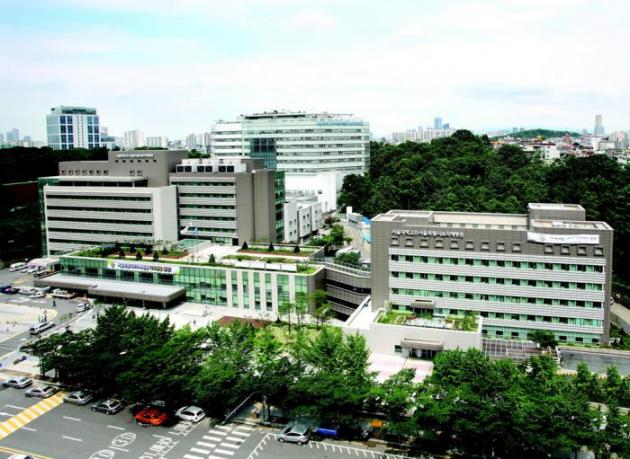A researcher at Seoul National University Boramae Hospital published the first demonstration result of clinically applying deep brain stimulation surgery based on deep learning algorithm technology.

Deep brain stimulation is a surgical procedure used mainly for the treatment of Parkinson's disease. The surgery implants an electrical device into the brain and applies targeted electrical stimulation to specific areas of the brain to help the brain function again.
The method can help improve symptoms in patients who have seen little treatment progress with conventional medicines.
Based on deep learning algorithms trained on MRI images of 102 patients who had undergone deep brain stimulation from April 2014 to September 2017, Professor Park Sang-chul and his team applied the technology on two surgeries in May and December 2018 and analyzed the surgical outcome.
The results showed significant surgical outcomes in both patients.
One patient, who had had a trembling symptom for 30 years, which made it hard from him to even have a meal, improved so much that his shaking symptom was hardly seen after the operation. Another person with Parkinson's disease with preoperative gait disturbance and ataxia also improved after the surgery. Both patients portrayed no complications after surgery, confirming the safety and efficacy of the newly developed treatment method.
"The study was the first case of its kind, and, significantly, it has been internationally recognized for its clinical application," the team said.
Professor Park also said, "The objective and accurate data analyzed by the deep learning algorithm could find the optimal surgical position according to the patient's characteristics."
The continuing development of deep learning-based medical technologies will help to improve clinical outcomes throughout the brain surgery field, Park added.
The results of the research were published in the October issue of the Frontiers in Neuroscience.

